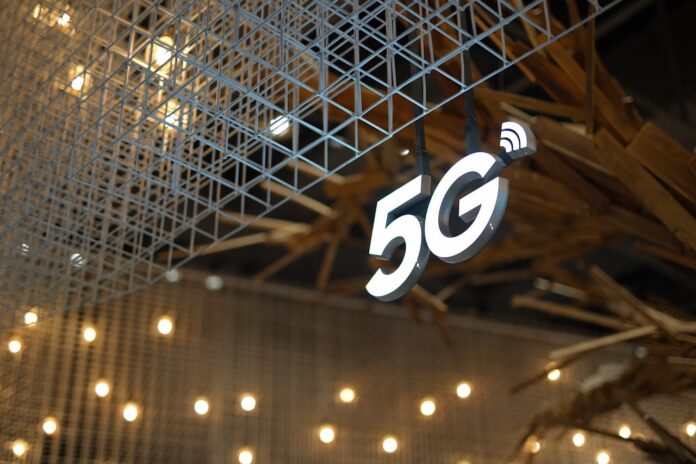
Photo by Ulrick Trappschuh via Pexels
Introduction: 5G Security Challenges and Opportunities
As 5G networks expand globally, security concerns intensify. The 5G security market reached $3.63 billion in 2024, projected to grow at 40% CAGR through 2030, reflecting both opportunity and urgency in securing next-generation connectivity.
Singapore’s CIDeX 2025 featured exercises involving attacks on 5G networks and power grid disruptions, while Ericsson and Deutsche Telekom conducted collaborative BugBash testing to proactively reinforce private 5G network security.
5G Security Architecture
Enhanced Security Features vs. New Vulnerabilities
Security Improvements Over 4G:
- Enhanced encryption algorithms
- Improved authentication mechanisms
- Network slicing isolation
- Software-defined security
New Attack Vectors:
- Expanded attack surface from massive IoT device connectivity
- Virtualized network functions introducing software vulnerabilities
- Edge computing bringing computation closer to users (and attackers)
- Supply chain complexity with multi-vendor environments
Key 5G Security Vulnerabilities
1. Authentication and Encryption Weaknesses
- IMSI catchers and false base stations
- Downgrade attacks forcing less secure protocols
- Subscriber identity privacy issues
2. Network Slicing Security
- Slice isolation failures enabling cross-slice attacks
- Resource exhaustion in shared infrastructure
- Slice orchestration vulnerabilities
3. API Security Risks
- Open APIs for network function exposure
- Authentication and authorization flaws
- API abuse and DDoS attacks
4. Supply Chain Risks
- Equipment from potentially compromised vendors
- Firmware and software updates as attack vectors
- Hardware backdoors and implants
5G and IoT: Massive Attack Surface
The Scale: IoT devices expected to reach 21.1 billion in 2025 (14% growth), with many connecting via 5G.
Security Challenges:
- Resource-constrained devices with limited security
- Firmware update mechanisms often insecure
- Default credentials and weak authentication
- Lack of security standards enforcement
Attack Scenarios:
- IoT botnets leveraging 5G bandwidth
- DDoS attacks at unprecedented scale
- Critical infrastructure targeting through IoT
- Privacy violations from ubiquitous sensing
5G Security Best Practices
For Network Operators
- Implement Zero Trust architecture
- Network slicing security with strong isolation
- Continuous security monitoring and threat intelligence
- Vendor security assessments and supply chain security
- Regular penetration testing and vulnerability assessments
For Enterprise 5G Users
- Private 5G network security hardening
- IoT device security and inventory
- Network segmentation and access control
- Encryption for sensitive data over 5G
- Incident response plans for 5G-specific threats
Regulatory Landscape for 5G Security
Government Actions:
- Restrictions on Huawei and ZTE equipment in many countries
- Security certification requirements for 5G equipment
- Open RAN adoption for supply chain diversification
- National security reviews of 5G deployments
Conclusion: Securing the 5G Future
5G networks promise transformative connectivity but introduce significant security challenges. As deployment accelerates and IoT devices proliferate, securing 5G infrastructure becomes critical for business operations, critical infrastructure, and national security.
Key Actions:
- Implement comprehensive 5G security architecture
- Address IoT security from device design through deployment
- Continuous monitoring and threat intelligence
- Supply chain security and vendor management
Sources: Industrial Cyber, Ericsson, LinkedIn market analysis, Forbes, IoT Analytics
